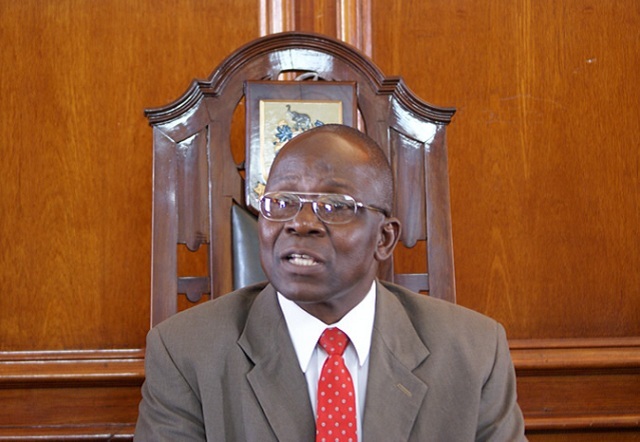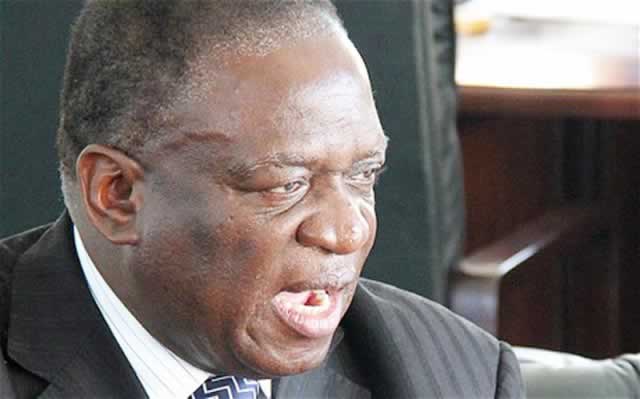Councils demand 5percent budget allocation

Bianca Mlilo, Business Reporter
LOCAL authorities are demanding the five percent budget allocation from the fiscus to undertake different service delivery projects as stipulated in the new constitution.
Speaking during a seminar organised by the Local Authorities Capacity Enhancement Project (LACEP) in Bulawayo on Monday, participants complained that the government was failing to avail the funding to councils against the provisions of the supreme law.
Section 301 (3) of the constitution provides that the government should allocate all local authorities “not less than five percent of the national revenues raised in any financial year”.
The funding “must be allocated to the provinces and local authorities as their share in that year”.
Representatives drawn from different local authorities claimed they have not received their constitutional portion.
“The constitution gives a guarantee that we as local authorities are entitled to five percent of the national fiscus but we’ve met situations where we’ve approached the relevant ministry to try and access that money only to be told that there’s no piece of legislation that warrants the ministry to give us that money,” said one of the councillors.
Peter Nkala, one of the presenters at the workshop, said councils should be given that money to rehabilitate roads, sewer systems, as well as finance social services and other activities under the mandate of councils.
Bulawayo mayor Councillor Martin Moyo weighed in saying the five percent allocation should be availed through the national budget by Treasury.
“The problem is that we’ve a constitution that should be a guide but we’re not following it. Rather, we’re paying lip service to it,” he said.
“This should be in the budget itself. When (Patrick) Chinamasa presents his budget that provision of five percent must be there. You’ll realise that in both the 2014 and 2015 budgets, he excluded that.
“Even if the law was there, if he hasn’t budgeted for it then there’s a problem of us accessing it.”
Moyo said delays in re-aligning laws governing operations of local authorities with the constitution were a betrayal of the electorate.
“Of course the enabling legislation should be there, which isn’t yet in place. We’re told that the bill is before Parliament but my worry is that the amount of consultation has been minimal,” he said.
“Even if the bill goes to Parliament, it must not be something that we don’t know about. We should know that there’s a bill that contains this and that.
“The writing of the laws should not be just confined to the ministry, the process must be people-centred so that those that have an interest in local government have a say and input into the bill.”
During the meeting, it emerged that the Bulawayo City Council alone was owed more than $100 million in unpaid rates by residents, which has hampered service delivery efforts in the second largest city.
Local Government, Public Works and National Housing Minister, Saviour Kasukuwere, could not be reached for comment.
Top council executives, lawyers and councillors from other local authorities attended the meeting.
LACEP is an organisation that supports the institutional and operational capacity of local authorities and the Local Authority Association in Zimbabwe.












Comments